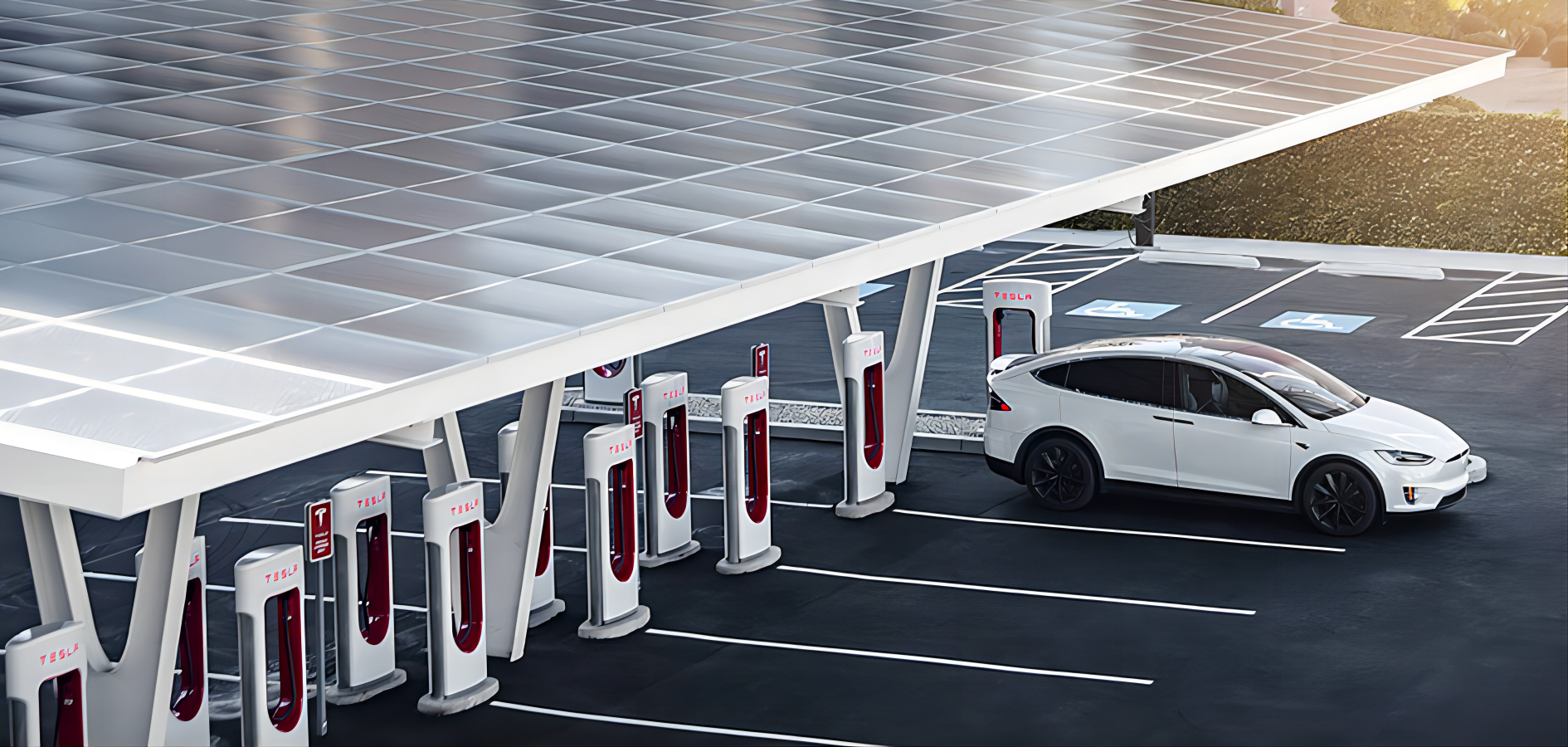Amid the global climate change scenario, renewable energy has become a pivotal factor in transforming energy production and consumption patterns. Governments and enterprises worldwide are investing heavily in the research, development, construction, and promotion of renewable energy sources. According to data from the International Energy Agency (IEA), the share of renewable energy in energy consumption is steadily increasing globally, with wind and solar energy becoming major sources of electricity.

Concurrently, electric transportation, as a crucial means to reduce vehicle emissions and improve air quality, is rapidly expanding worldwide. Numerous automobile manufacturers are introducing electric vehicles, and governments are implementing a series of incentives to reduce vehicle emissions and promote the adoption of new energy vehicles.

In this context, charging stations, serving as the "gas stations" for electric vehicles, have become a critical link in the development of electric transportation. The proliferation of charging stations directly affects the convenience and popularity of electric vehicles. In recent years, a large number of charging stations have been constructed worldwide to meet the charging needs of electric vehicle users. What is particularly noteworthy is that many charging stations are integrating renewable energy sources to further promote the sustainable development of electric transportation. For example, in some regions, charging stations are powered by solar or wind energy, converting clean energy directly into electricity to provide green energy charging services for electric vehicles. This integration not only reduces carbon emissions from electric vehicles but also decreases reliance on traditional energy sources, driving both energy transformation and the development of electric transportation. Nevertheless, the integration of renewable energy with charging stations faces challenges and obstacles, including technological costs, difficulties in charging facility construction, and standardization of charging services. Additionally, factors such as policy environments and market competition also influence the degree and pace of integration between charging stations and renewable energy sources.

In conclusion, the world is currently at a critical juncture in the rapid development of renewable energy and electric transportation. By combining charging stations with renewable energy sources, new impetus can be injected into the proliferation and sustainable development of electric transportation, taking greater strides towards achieving the vision of clean energy transportation.
Post time: Apr-18-2024





